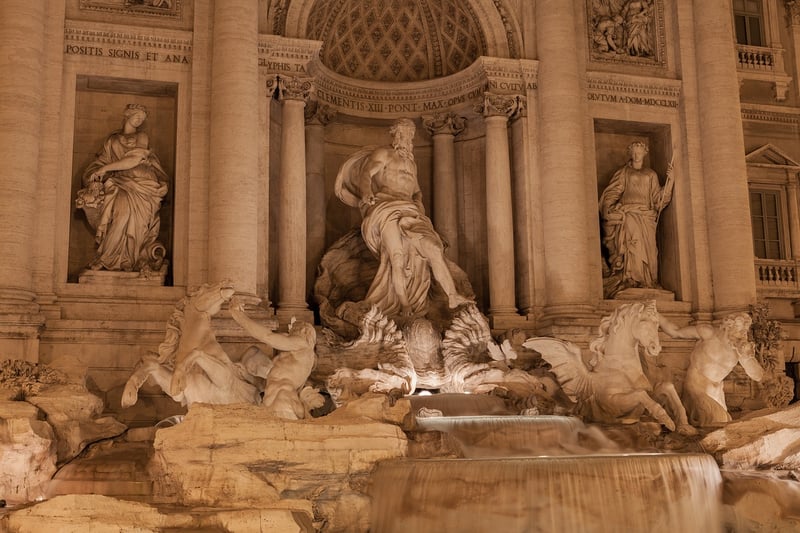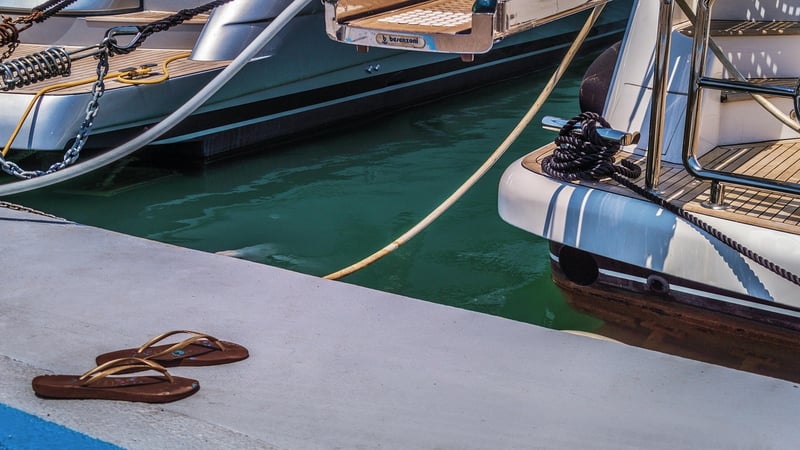Historical Etiquette
Time-Travel Etiquette: A Guide to Navigating the Past
Introduction
Time-traveling can be an exhilarating experience, but it's essential to be mindful of the etiquette and customs of the era you visit. Here are some tips to help you navigate historical periods with grace and respect.
1. Dress Appropriately
When traveling to a different time period, it's crucial to dress according to the fashion of that era. Research the clothing styles and norms of the time to avoid standing out or causing offense.
2. Mind Your Manners
Politeness goes a long way in any time period. Use appropriate language, show respect to elders, and follow the social norms of the era you are visiting.
3. Avoid Altering History
While it may be tempting to intervene in historical events, it's best to observe and not interfere. Changing the course of history can have unpredictable consequences.
4. Respect Cultural Differences
Each time period has its own set of customs and traditions. Be aware of these differences and avoid imposing your modern beliefs on the people of the past.
5. Be Open-Minded
Keep an open mind when encountering unfamiliar practices or beliefs. Embrace the diversity of historical periods and use your time-traveling experience as an opportunity to learn and grow.
Historical Etiquette: Examples from Different Eras
Victorian Era (1837-1901)
- Address people with proper titles and last names.
- Avoid discussing controversial topics like politics or religion in social settings.
- Use formal language and observe strict social hierarchies.
Renaissance Period (14th-17th century)
- Show respect to artists and intellectuals of the time.
- Participate in cultural activities like dancing, music, and poetry.
- Avoid criticizing the ruling nobility or challenging traditional beliefs.
Conclusion
By following these guidelines and respecting the customs of the past, you can make the most of your time-traveling adventures while avoiding any unintended consequences. Remember, the key to successful time travel is to blend in and observe with a sense of curiosity and respect.


